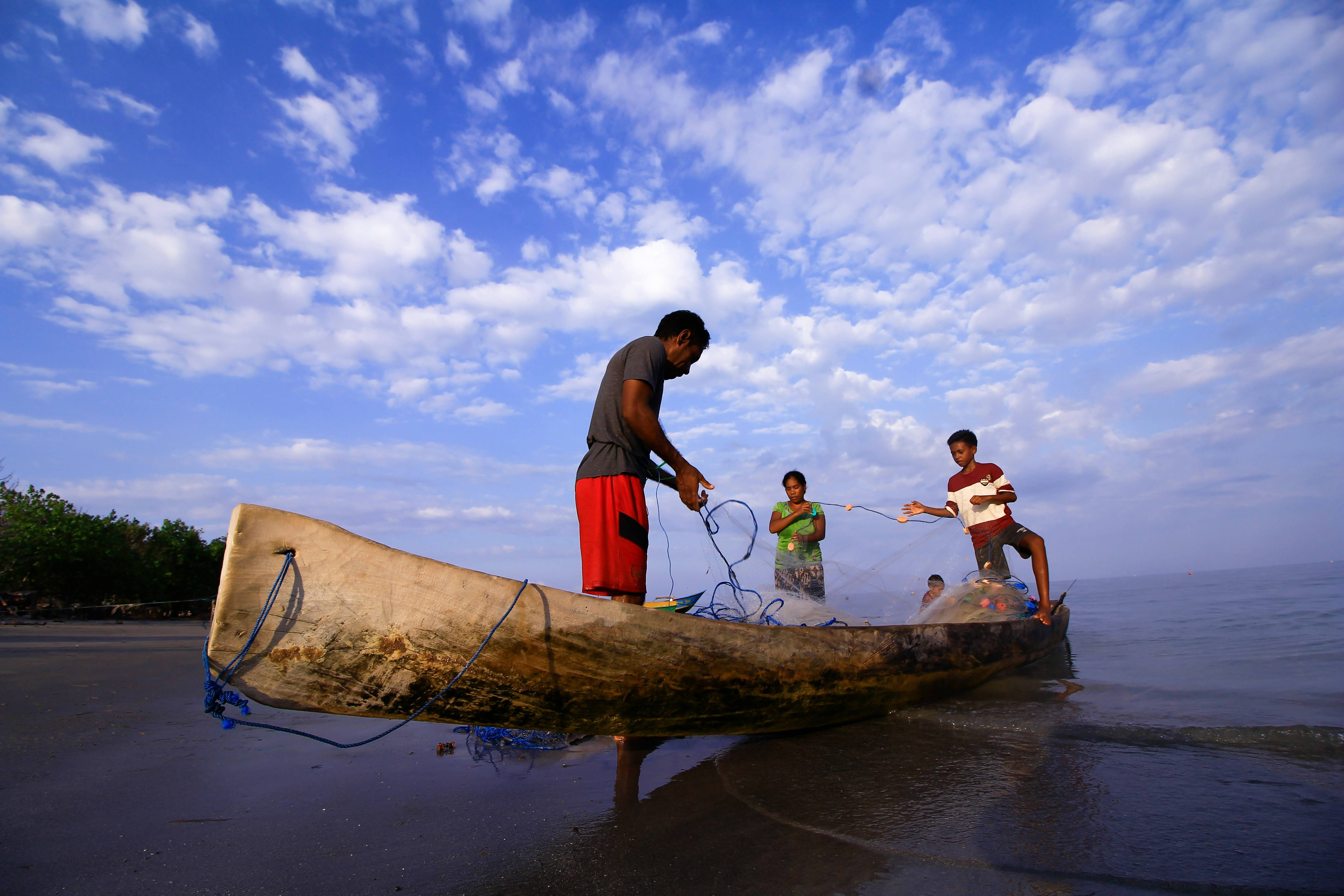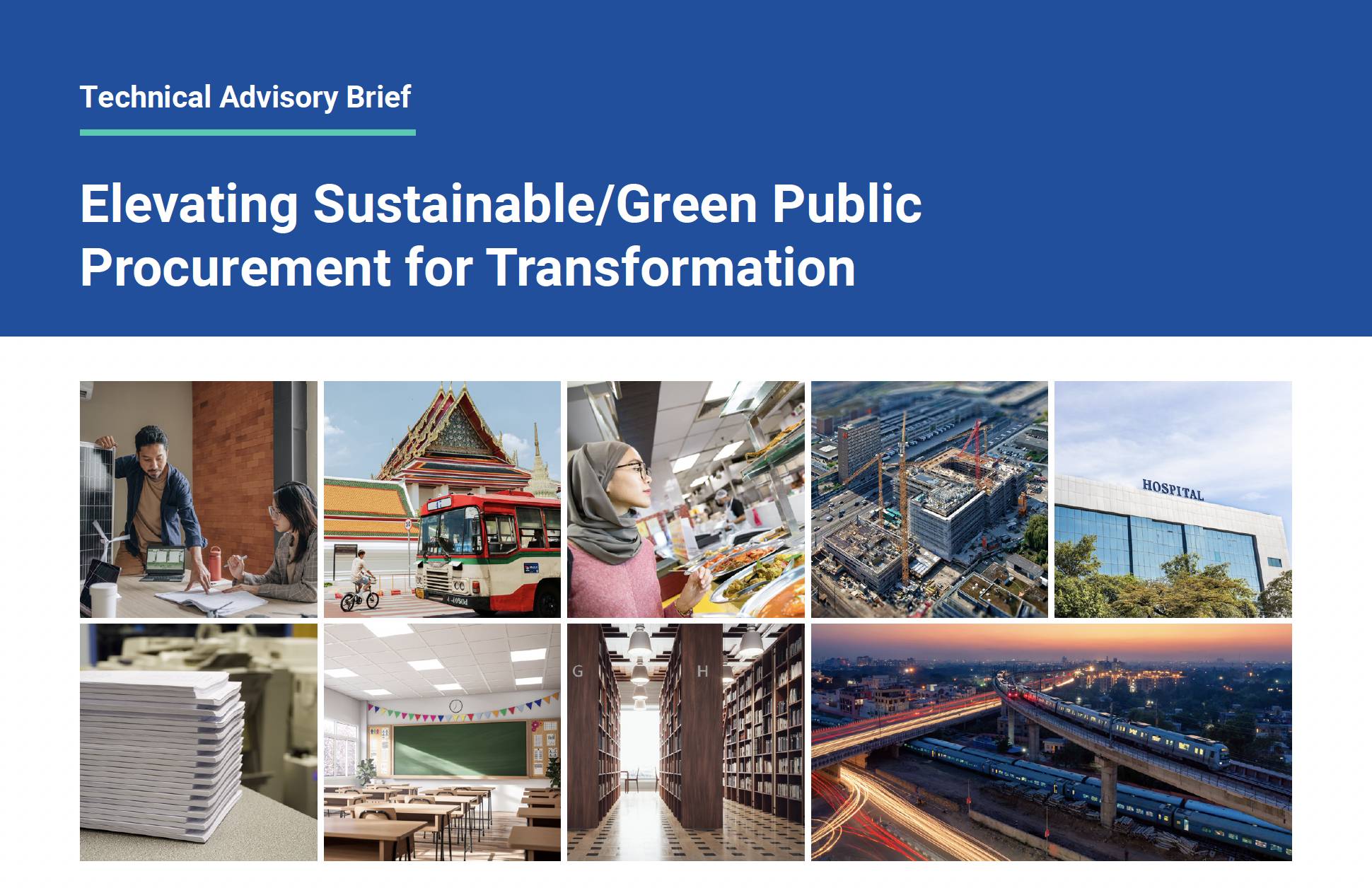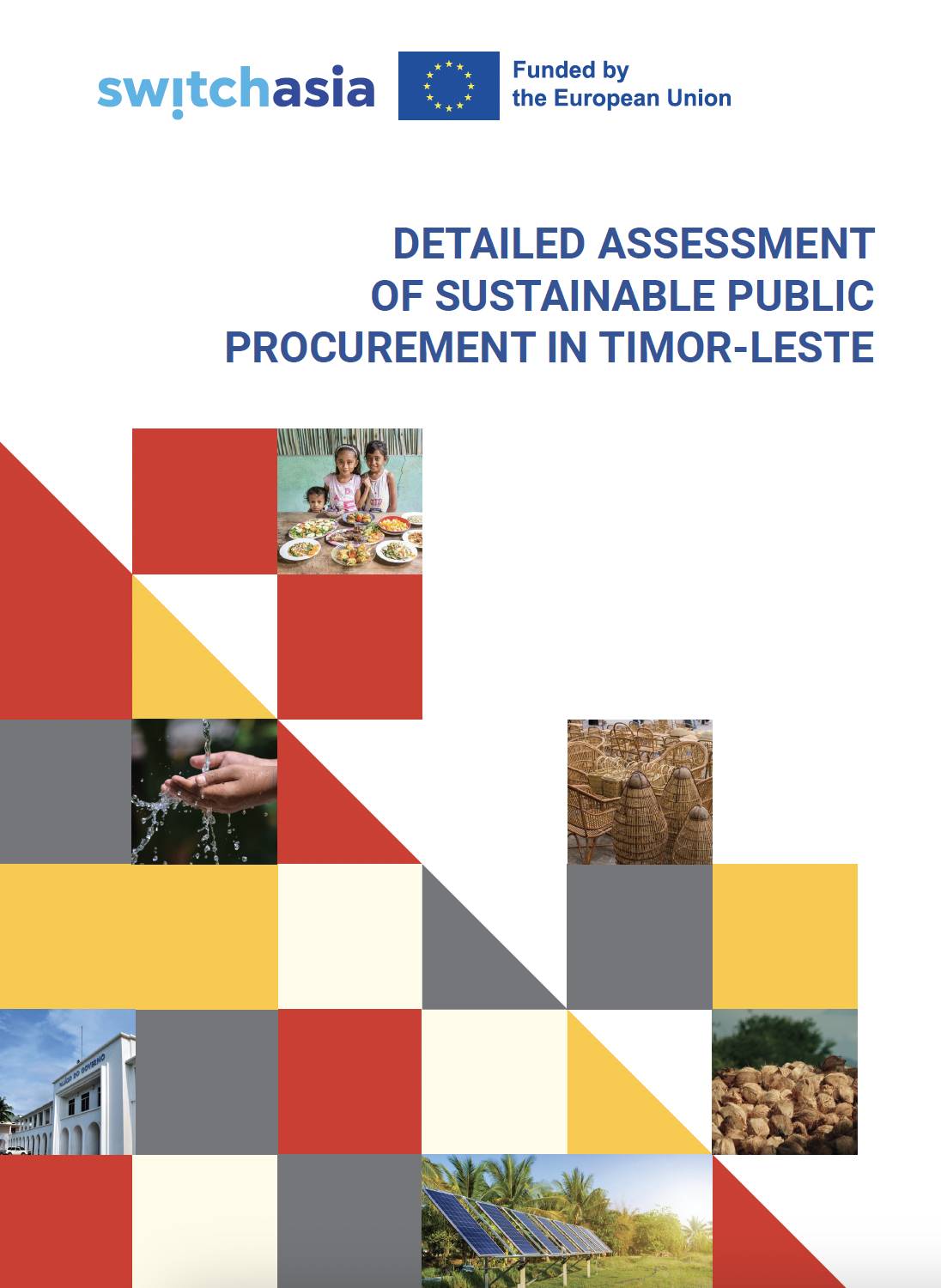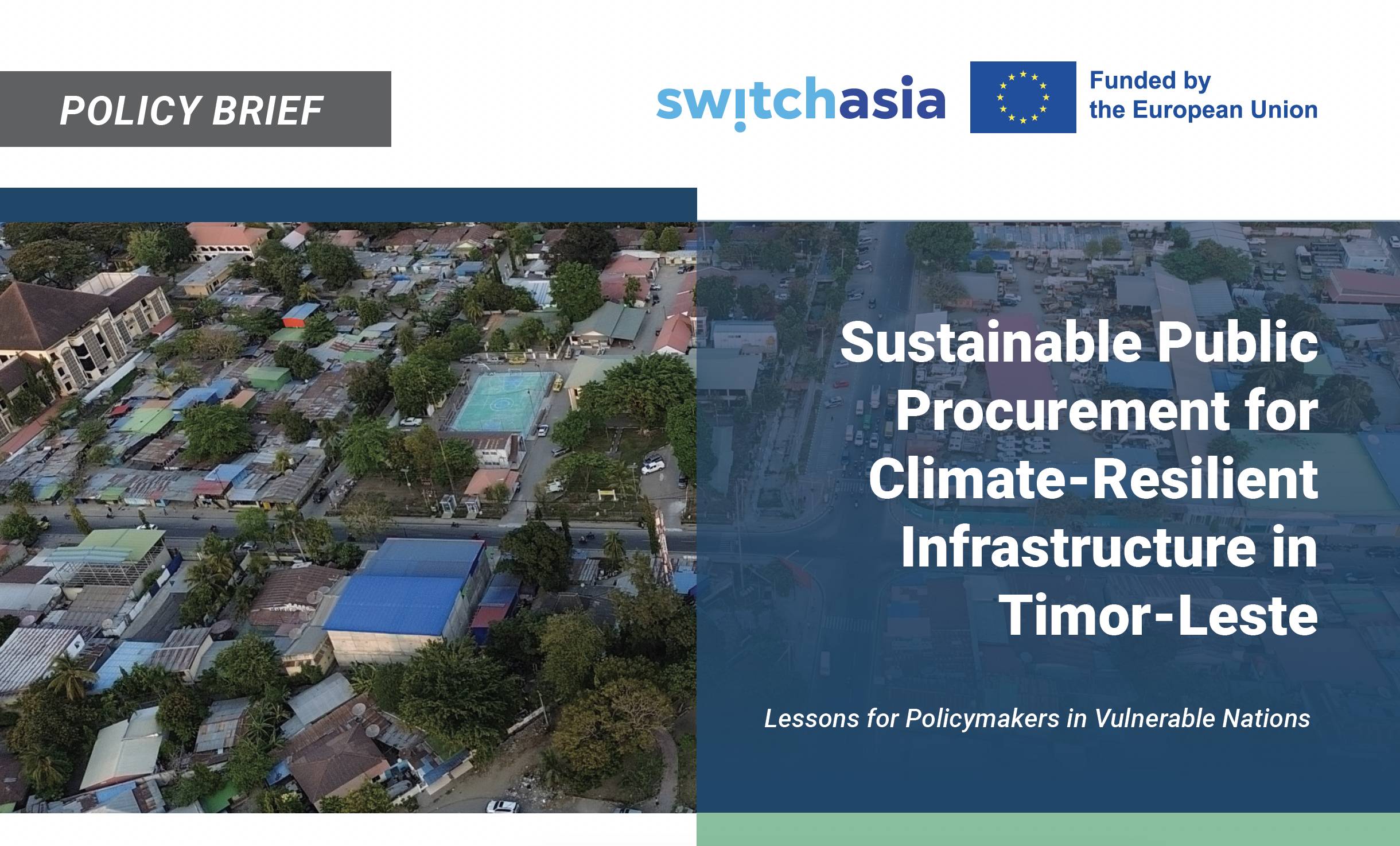
National SCP context and Connection to the Global Agenda: resilient agrifood and tourism
The Timor-Leste Strategic Development Plan 2011 - 2030 is the main tool for accomplishing the SDGs in Timor-Leste, championing its implementation since the conception of the 2030 Agenda for Sustainable Development. Phase 1 (2011 - 2019) of the SDP focuses on the development of institutions, infrastructure, and human resources. For phase 2 (2019 - 2025), the plan targets sectors linked to increasing economic competitiveness, including agriculture and fisheries, petroleum, tourism, and private sector investment, aligning with SDG 12. Phase 3 (2025 - 2030) aims to eliminate poverty, strengthen private sector competitiveness, and modernize and diversify the economy. 2 The government also implemented the Growing Tourism to 2030 – Enhancing a National Identity strategy, which aims to support eco-tourism development and sustainably grow the emerging tourism sector.[1]
Challenges
- Insufficient infrastructure hampers economic and social progress by limiting access to markets, hindering the delivery of essential services, and impeding overall development.[2]
- Timor-Leste uses a dumping system for garbage disposal, where municipal waste is simply dumped at the final disposal site without being separated or processed. [3]
- People's health in Dili, Timor-Leste, is harmed by plastic waste, which is burned throughout the city and dumped on highways and beaches. In Timor, where 42% of the population still lives below the national poverty line due to high unemployment, plastic is favored for its adaptability and affordability. [4]
- Resource efficiency and sustainable consumption and production programs are not widely implemented in the country. [5],[6]
- Climate change concerns not integrated in various development policies and actions.
Priority sectors
- The implementation of infrastructure improvements will grow the nation, increase productivity, create jobs, particularly in rural areas, and support the development of the private sector.2
- Coffee is the country's main agricultural cash crop, generating export revenue, supporting 20% of households, and providing opportunities for processors, dealers, and coffee shop operators.[7]
- Planning to develop an effective strategy for attracting tourists by investing in the promotion of Community and Ecological Tourism, Adventure Tourism, Religious Tourism, Historical, Cultural, and Ethnographic Tourism, Leisure, Bathing Tourism, and Thermal Tourism.2
- The petroleum sector, which includes both oil and gas production along with downstream industries, will be a crucial foundation for the economy.2
- Ensuring food security and resilience to climate change
Opportunities
- Supporting and preparing Timor-Leste to align its national development plan with ASEAN's targets for Circular Economy and Low Carbon Development.
- Enhancing SCP in their NDCs to meet the four commitment areas: climate risk governance, nature-positive growth and transition, low-carbon development, and climate change adaptation and resilience building.[8]
- Facilitating and supporting the understanding of SMEs' needs, development partners are assisting the country in various sectors, particularly emphasizing plastics and waste management.[9]
- Strengthening SMEs to promote SCP in specific sectors, such as community-based products like coffee, waste management, agrifood, and tourism.
- Defining a national vision and strategy for the Blue Economy to drive sustainable development, economic growth, and job creation while protecting ocean ecosystems.[10]
[1] Government of Timor-Leste. (2017). Growing Tourism to 2030
[2] Government of Timor-Leste. (2011). Timor-Leste Strategic Development Plan 2011 - 2030
[3] Ximenes, M. B.; Maryono, M. (2021). Study of Waste Generation and Composition in the Capital of Dili, Dili Municipality, Timor-Leste
[4] European union. (n.d.). Timor-Leste: strengthening the Covid-19 response and promoting plastic recycling
[5] Government of Timor-Leste. (2019). Voluntary National Review of Timor-Leste 2019
[6] Government of Timor-Leste. (2023). The Second Voluntary National Review of SDG Implementation Progress, 2023 (Timor-Leste VNR-2)
[7] ADB. (2019). National Coffee Sector Development Plan Timor-Leste 2019 - 2030
[8] Government of Timor-Leste. (2022). Nationally Determined Contribution Timor-Leste 2022-2030
[9] SPREP. (2023). Plastic Pollution Prevention in Timor-Leste: Gap Analysis of Current Legislation, Policies, and Plans
[10] Government of Timor-Leste. (2023). Summary of the Program of the IX Constitutional Government





